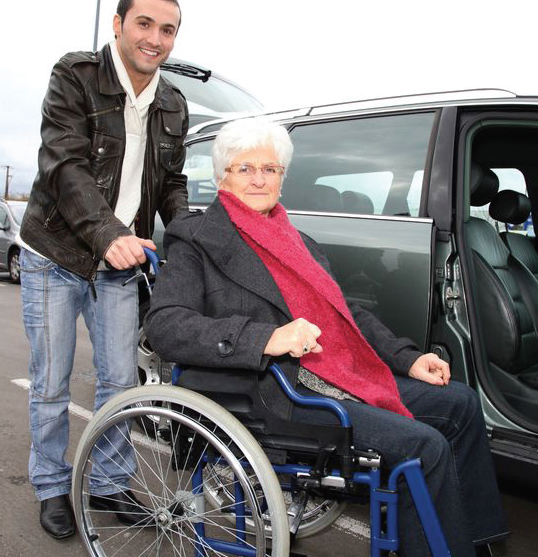 Many people with COPD continue to drive safely. The following are some considerations to ensure your safety and that of others.
Many people with COPD continue to drive safely. The following are some considerations to ensure your safety and that of others.
- Talk to your doctor about your medical condition and any potential impact this may have on your ability to drive safely. They may provide a medical certificate stating your fitness to drive, or any conditions under which you can drive.
- Drivers who develop a permanent or long term medical condition that may negatively affect their ability to drive safely must report their condition to the Department of Transport as soon as it develops.
- COPD may adversely affect your ability to drive safely, and could result in a crash.
- Low oxygen levels or increased carbon dioxide levels may lead to poor judgement, drowsiness and reduced concentration.
- Driving ability may be affected by severe coughing fits which may lead to loss of consciousness.
- Oxygen therapy can enhance cognitive performance, longevity and wellbeing in those with chronic lung disease. If you have been prescribed long term oxygen you should clarify with your doctor about using oxygen while driving.
- Make sure the oxygen is secured in the car so that it doesn’t pose an additional safety risk in case of a crash.
- Daytime sleepiness, sleep apnoea and other sleep disorders have the potential to impair driving performance, safety and risk of crashes. Consult your doctor and seek advice about precautions when driving.
